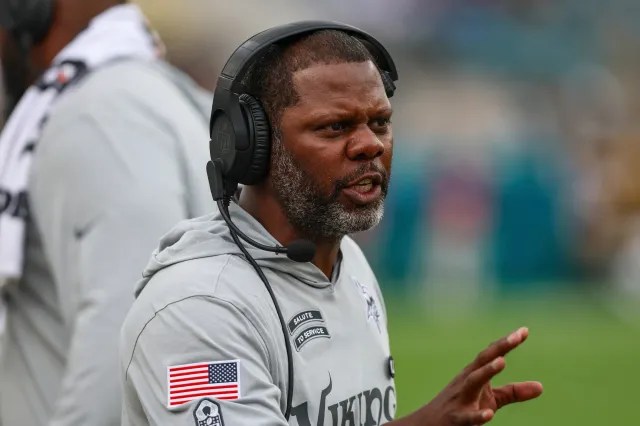As the 2024 presidential race heats up, tonight’s debate will call upon President Biden and former President Trump to clarify their positions on various critical issues. One of the major topics of discourse among both candidates has been their stance and support for Historically Black Colleges and Universities (HBCUs).
HBCUs play a crucial role in providing higher education opportunities to African American students, but they also face unique challenges that require targeted policies and support.
Both President Biden and former President Trump have frequently highlighted their administrations’ actions to support HBCUs, despite differences in policy and approaches.
While it is not clear whether they will be asked to speak further on their stances and support of HBCUs, asking critical questions about it is important for highlighting educational equity, holding candidates accountable, addressing systemic challenges, promoting diversity, informing voters, and ensuring long-term national benefits.
Here are 7 debatable questions we hope will bring HBCU issues closer to the forefront and encourage candidates to present concrete plans for the future:
- How do you plan to increase federal funding and support for HBCUs to ensure they have equitable resources compared to other institutions of higher education?
- What policies do you propose to address the disparities in endowments between HBCUs and predominantly white institutions (PWIs), and how will you ensure fair allocation of resources?
- How will your administration prioritize HBCUs in terms of federal research grants and initiatives, particularly in fields where they have historically been underrepresented?
- What measures will you implement to address the student debt crisis, particularly focusing on graduates of HBCUs who often face higher debt burdens than their peers from PWIs?
- How do you intend to strengthen partnerships between HBCUs and industries to enhance job placement and career opportunities for graduates?
- What strategies will you adopt to ensure that HBCUs have adequate infrastructure and facilities, including addressing the backlog of maintenance and improvement projects?
- How will you promote and support initiatives to increase enrollment and retention rates at HBCUs, particularly among minority and economically disadvantaged students?



